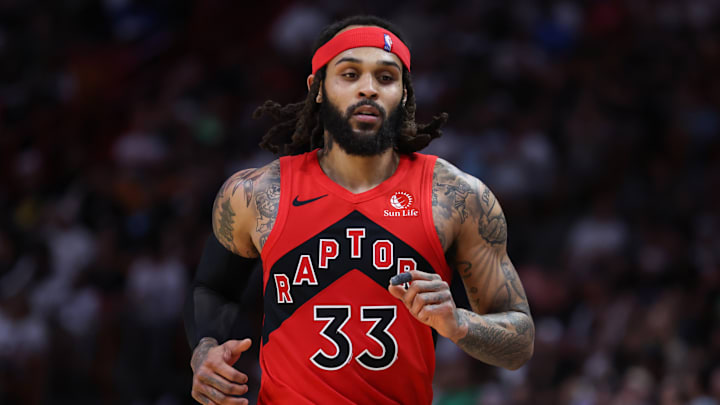No. 2: Overvalue Cap Space
The allure of cap space is strong. It's a blank canvas on which you can paint nearly any future. Could LeBron James sign at a discount if Toronto drafts Bronny James, christening "LeBronto" for real? What if the Raptors re-signed Pascal Siakam and OG Anunoby and managed to add picks and players for renting them out? Could Paul George lead the Raptors back to the NBA Finals?
In reality, however, for a team like the Toronto Raptors cap space is an overrated team-building tool. For all that Toronto is a large, cosmopolitan city, most NBA players don't particularly like the reality of living outside of the United States and needing to go through customs each time that they fly. The Raptors were also a losing team last year; for a "less valued" market to have a shot in free agency they need sustained excellence.
Even knowing that, there is the temptation to protect cap space at all costs, whether that's this summer or looking ahead to future summers. The Philadelphia 76ers executed a plan to have max-level cap space open this summer and will reasonably go star-hunting. The Detroit Pistons also have a lot of cap space but they are merely hunting for a path to 30 wins. Not all cap space is created equal.
In negotiating with Immanuel Quickley, Toronto may be tempted to value future cap space (or even present space) and walk away from negotiations. They could also make or not make other moves in order to try and maximize their cap space. That flexibility could be useful but it's not the ultimate goal, and the work the Raptors do in the draft, via trade and in negotiating with their own players is much more valuable than having cap space and pitching available free agents.
